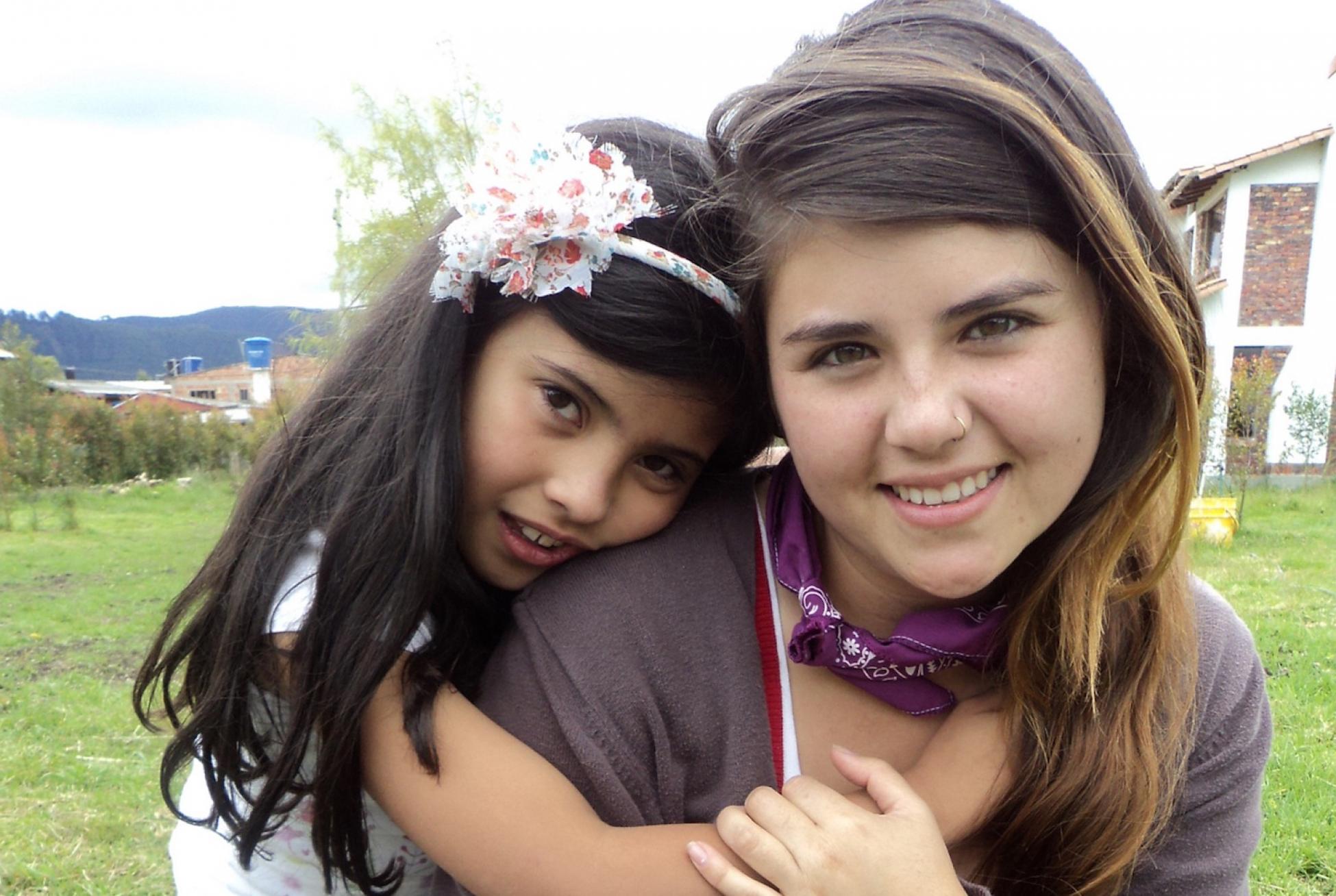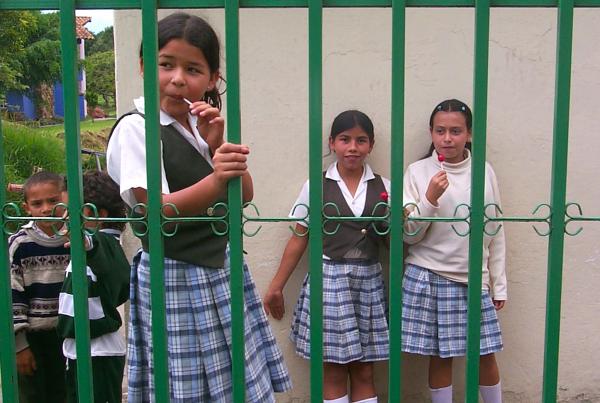It had barely been two weeks since my arrival when I left my Irish host family.
It was nearing midnight as I threw all my things into my bags and told my host dad that I was leaving. I hugged Sarah, the oldest daughter, goodbye. We both cried, knowing that I was breaking my promise to her that I would never leave, despite the heated arguments between her mother and I—but Sarah would never really know what happened when her back was turned, including the horrible things her mother had said. Despite my love for Sarah and her sisters, I knew I had to leave and I was heartbroken thinking of the youngest two, who would wake up to find me suddenly gone.
I checked into a hotel, feeling defeated. I began to hear the repetition of one word: failure. I had set out to challenge myself during my first time as a globetrotter, but instead I felt like I'd given up, packing my things along with what was left of my mental resilience.
One of the difficulties of being an au pair is managing the delicate boundary between being an employee and a devoted member of the family—if the balance teeters too far on either side, it can result in heartache.
With any new job or lifestyle change, most people begin with vigorous optimism for what the future may hold. Beginning my first au pair journey was no different; I had set out for Cork, Ireland with dreams of bettering myself with the challenges that I would face. I could barely suppress my enthusiasm for the adventure that I was about to take. However, it didn’t take long for me to realize that too much optimism can be dangerous if not properly tethered by stark realism.
What I didn’t think of before deciding to work as an au pair is what it would really mean to join an existing family structure. One of the difficulties of being an au pair is managing the delicate boundary between being an employee and a devoted member of the family. If successful, it's a powerful connection—but if the balance teeters too far on either side, it can result in heartache and mental exhaustion. (Both, I might mention, were what I was experiencing at full capacity when I collapsed onto my hotel bed in Ireland.)
Since that first au pair experience I’ve gone on to work for two more families (one of which I’m still with in New Zealand), who I now consider my second families. Here are my tips for new au pairs who may be struggling with the "balancing act"—or even debating if it’s time quit the au pair life altogether:
Decide if your motivation for becoming an au pair extends beyond travel and “getting to see the world."
I cannot stress the importance of this enough. I know of many au pairs who either do not enjoy children or do not realize how much of their life will revolve around them. If you’re simply using the au pair route as a way to fund your travels, consider other options that may suit you better. Choosing to be an au pair with the sole goal of room and board is a disservice, not just to the family but also to yourself.
Do your research.
Before you depart, learn everything you can about your prospective family and about being an au pair. One of my favourite websites is AuPairMom, which offers a glimpse into the perspective of host families. What I like about this site is that it also offers advice to would-be au pairs on what certain families like or dislike about their past or (unfortunately) current au pairs.
However, please resist the temptation to read too many horror stories and make sure you read an equal amount of success stories to balance your viewpoints.
Become your own best advocate.
If you think that just because you have signed a contract that it will be a smooth ride, a harsh reality is about to set in the first time you disagree with your host parents. Be vocal when you’re not comfortable with a schedule change, amount of working hours or extra "required" duties that were not in the contract. Equally important, know your rights when working in a foreign country. In worst case scenarios, it is possible to need government assistance if the situation is bad enough—like this underpaid au pair in Ireland needed in March 2016.
Avoid unqualified advice-givers.
Once I left Ireland, I found myself feeling the need to defend my decision, rather than having offers of sympathetic wisdom. But as any au pair with a sad tale will tell you, the people who expect you to defend your decision are also the same people who will chastise you regardless. Fortunately, one of the most important things that I learned during my time in Ireland was that I had to be my own strongest advocate (see above), a skill I needed immediately once I returned to home.
Remember that the experience will stick with you for the rest of your life—both the good and the bad, but mostly the good.
I mainly offer this up for au pairs who are struggling or in the midst of leaving a family on poor terms. It’s critical for au pairs to realize that the family will never be the “perfect” hosts, nor will you ever be the “perfect” au pair. But instead of dwelling on the mishaps and conflicts, focus on the moments that you can look back on fondly, as well as have the self-awareness to see how you have grown as a person.
The day after I left my host family in Ireland, I called the most empathetic and compassionate person I know—my sister, Amy.
“You haven’t failed,” she reassured me. Through that conversation and many others in months that followed, she, along with other family and friends, helped me see my situation as a beneficial experience that would only serve me in the future. Although my experience initially seemed like a failure, I had succeeded in my goal to better myself as a person.
Being an au pair is not just about travelling with the comforts of home at your disposal—but don’t be discouraged. With every bad au pair experience told, there are 10 other stories where the experience has been everything that one could hope for. I hope that other au pairs can realize that each experience, regardless of its outcome, is a success story in its own way.
Add this article to your reading list




